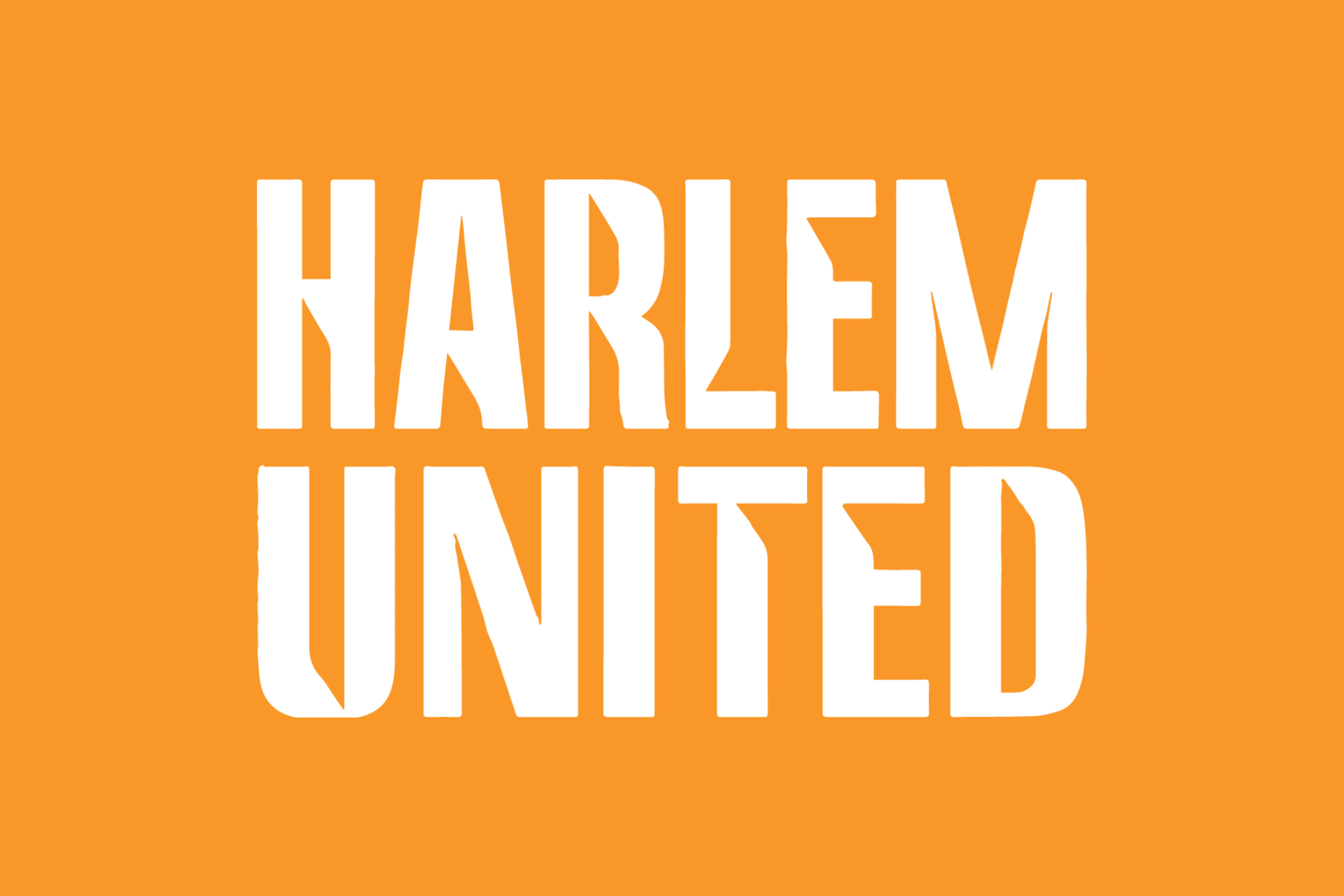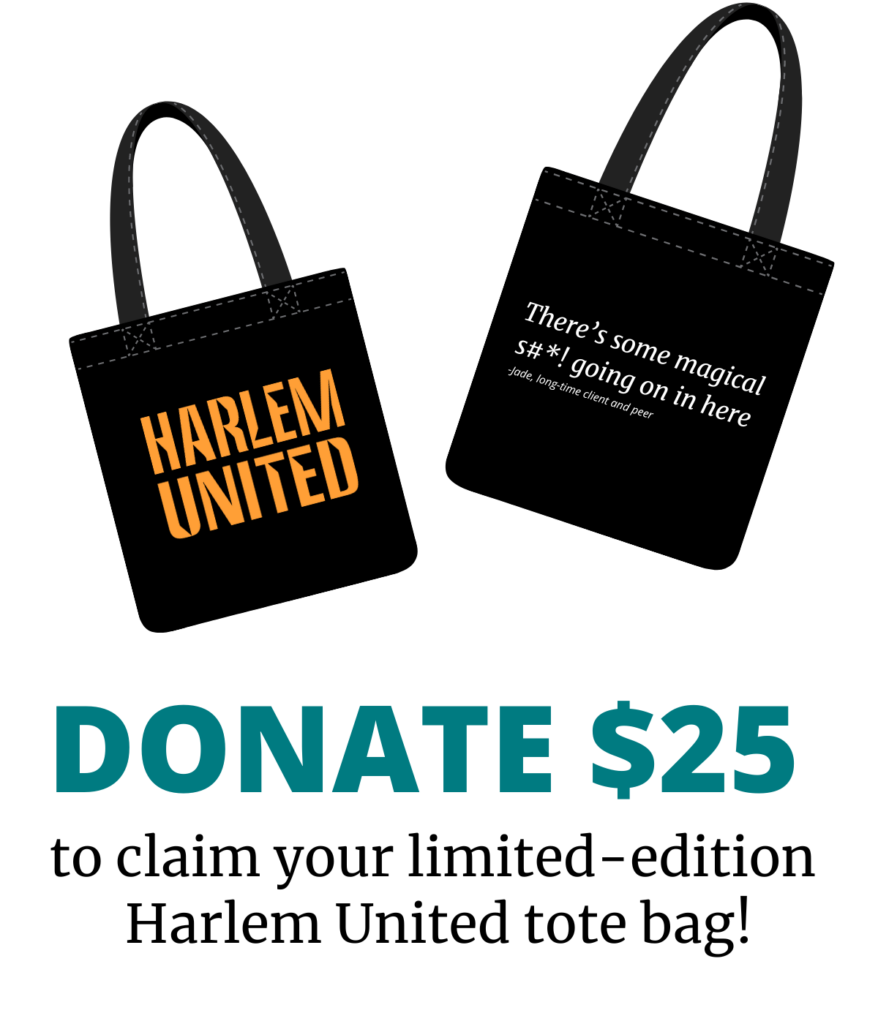“The results of this new analysis come as no surprise to those of us who have been fighting to repeal this ill-conceived plan. The impact of the pharmacy benefit carve-out will be devastating. Our communities will lose access to life-saving services and medications. Their health will suffer. Progress in our fight to end the HIV/AIDS epidemic will be wiped out. Our goal of achieving health equity for all — a goal we can only reach through the work of the safety net providers who are located in the communities with the greatest needs — will become unachievable. The pharmacy benefit carve-out is a lose-lose proposition, and it must be repealed now,”
– Jacquelyn Kilmer, Chief Executive Officer, Harlem United.
For immediate release
Contact: Leslie S. Moran, New York Health Plan Association: 518.462.2293
Anthony Fiori, Coalition of New York State Public Health Plans: 212.790.4582
State-specific Costs Estimated at $235MM; More than $1.1BB Over 5 Years
Pharmacy Carve-Out Will Disrupt Care & Decimate Essential Services for New York’s Most Vulnerable Patients
NEW YORK, December 15, 2022 – As New York continues to claim it will save money by carving the pharmacy benefit out of the Medicaid managed care benefit package, a new report estimates the change will actually increase annual New York State-specific expenditures by more than $235 million.
The report, authored by the Wakely Consulting Group (Wakely) and released today by the New York Health Plan Association (HPA) and the Coalition of New York State Public Health Plans (Coalition), compared New York’s managed care organizations’ (MCOs) costs against estimated costs under a carve-out model, including changes in drug utilization, ingredient costs, dispensing fees, drug rebates, and administrative costs. Among the report’s key findings:
- Ingredient Costs & Dispensing Fees: While the state would generate savings from lower ingredient costs paid under the Medicaid fee-for-service (FFS) fee schedule, the analysis concluded higher dispensing fees paid to pharmacies would result in a net 7.5% increase to total expenditures.
- Drug Utilization Differences & Rebate Revenue: Based on states that operate a Medicaid carve-out model, the report anticipates an increase in costs due to a shift in utilization toward brand name drugs — including some with significantly higher costs within several therapeutic classes. Although the state would generate additional drug rebate revenue under a carve-out model, this would be due to increased brand name drug utilization, with rebate revenue unlikely to offset the higher drugs prices.
- Administrative Cost Estimates: The state’s estimates of administrative savings are likely overstated as health plans will still need to manage a broad range of pharmacy-related administrative functions such as benefit requests, case management, and care coordination.
In addition to not achieving projected state savings, moving the pharmacy benefit from managed care to FFS will result in more fragmented care for Medicaid patients, particularly minority and under-served populations and individuals with complex health conditions, who rely on having their care integrated and coordinated across the continuum.
Further, the carve-out will have a significant negative impact on 340B providers, a federal program that discounts drug costs and allows under-funded facilities to use the savings for essential services. The state has estimated that carving out the pharmacy benefit from MCOs could result in annual savings of $166 million in reduced payments to these providers. This loss of funding would decimate the resources safety net providers utilize to offer programs including counseling, housing, food and other assistance that support the state’s most vulnerable communities. The Wakely report includes funding which the state has suggested it would invest in 340B providers. The amount both significantly diminishes the state’s savings from a carve-out and still fails to make the 340B providers whole.
“The analysis shows the state’s planned pharmacy carve-out will fail to generate savings for the state, limit access to care for patients, and decimate the resources safety net providers rely on to fund critical programs,” said HPA President & CEO Eric Linzer. “Given its potential impact, the Administration should not move forward with such a drastic change to the Medicaid program.”
“The unintended consequences of the state’s planned carve-out of the Medicaid pharmacy benefit pose unnecessary risks to the continuity of care of people with Medicaid, many of New York’s most vulnerable,” said Anthony Fiori from the Coalition. “In light of the data in this study, we believe that the best course forward for New Yorkers is one that values proven, whole-person care management over the additional spending and uncertain results of this carve-out.”
“The results of this new analysis come as no surprise to those of us who have been fighting to repeal this ill-conceived plan. The impact of the pharmacy benefit carve-out will be devastating. Our communities will lose access to life-saving services and medications. Their health will suffer. Progress in our fight to end the HIV/AIDS epidemic will be wiped out. Our goal of achieving health equity for all — a goal we can only reach through the work of the safety net providers who are located in the communities with the greatest needs — will become unachievable. The pharmacy benefit carve-out is a lose-lose proposition, and it must be repealed now,” said Jacquelyn Kilmer, Chief Executive Officer, Harlem United.
“Safety-net providers play a critical role in protecting some of New York’s most vulnerable and underserved residents, but the proposed pharmacy carve-out will threaten our ability to do this important work. With this carve-out, only underserved populations pay the price — 340B is a ‘safety net’ program for the underserved; pulling it away only targets those most in need. A policy that only negatively impacts those in need is not equitable and will harm NY’s most vulnerable patient populations,” said Mike Lee, Chief Operating Officer, Evergreen Health Services.
“This Cuomo-era policy will fail to save money for the state while forcing providers, like Evergreen, to scale back or close vital services that patients rely on from us including behavioral health services, dental care, food pantry and nutrition services, housing assistance, gender-affirming supportive services, and more, and we urge Governor Hochul to repeal this policy.”
A copy of the full Wakely report can be accessed at: www.nyhpa.org.
###
The New York Health Plan Association represents 29 managed care health plans that provide comprehensive health care services to more than 8 million New Yorkers.
The Coalition of New York State Public Health Plans represents eight health plans serving more than 3.48 million enrollees in New York’s Medicaid Managed Care (MMC), HIV Special Needs Plan (HIV SNP), Health and Recovery Plan (HARP) and Child Health Plus (CHP) programs.

